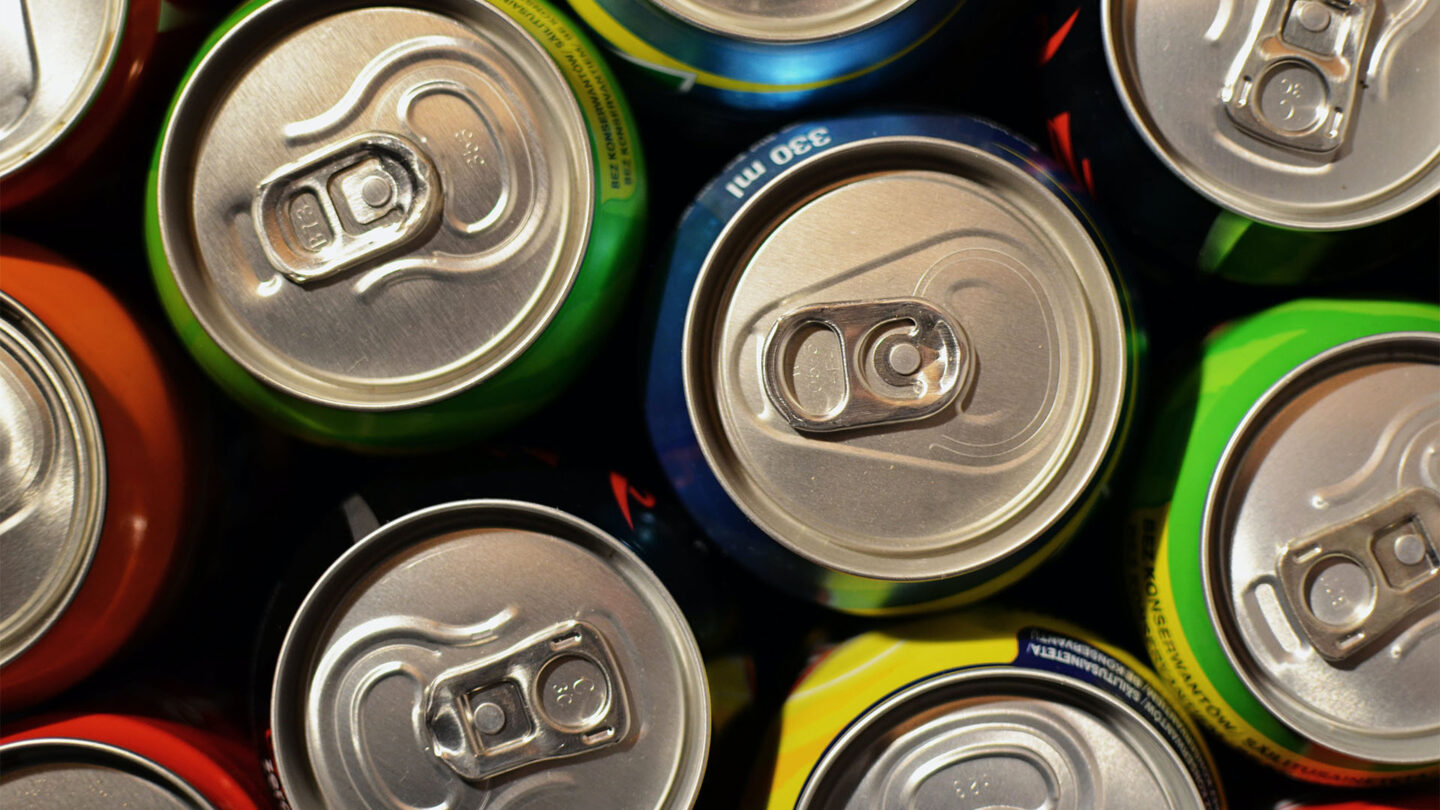Monday 30th October 2023
The UK waste sector is undergoing substantive reform over the next few years. One such reform is the introduction of what is known as a Deposit Return Scheme, a collection system which has achieved success in other countries, aimed at reducing litter and raising recycling rates.

Metal Cans
What are Deposit Return Schemes?
Deposit Return Schemes (DRS) are recycling policies run by governments or private organisations that provide cash incentives to return drink containers for recycling or reuse. Specific details such as container type, the amount deposited, the processes of return, and refunds vary depending on location and the kind of DRS scheme in place.
DRS have several environmental benefits, including reducing litter in public spaces, increasing recycling rates and helping to conserve our natural resources.
Are Deposit Return Schemes effective?
Countries with an established DRS include Norway, whose scheme came into effect during the 1970s. Denmark and Sweden have had a DRS in place since the 80s and Germany implemented a highly successful bottle deposit system in 2003. In 2019, Germany had a PET (polyethylene terephthalate) plastic return rate of 97%, while Denmark has a collection rate of 96%, Sweden a return rate of 86% and Norway a return rate of 88%. The UK DRS will not be a one-to-one replica of these systems, but they do provide an example of how a nationwide DRS work and work well.
How will Deposit Return Schemes work in the UK?
Presently, the UK scheme is set to take effect following October 1, 2025. The hope is to increase the recycling rates of drink containers, which are 70% lower than countries with a DRS. Small plastic bottles and non-alcoholic cans make up 43% of the volume of all current litter. Thus, in England, the DRS scheme covers PET bottles (such as plastic water bottles; PET is a strong yet lightweight plastic often used to package food and drink) and steel and aluminium cans (from 330ml to 500ml). It will also cover and multi-pack and individual items. The goal is to have 70% recycling rates in year one, 80% by year two, and 90% by year three and to have a dramatic impact on the weight of littering.
In England and Northern Ireland both polyethene (HDPE) bottles (milk bottles), and glass will not be collected under the DRS.
How will businesses be impacted?
The scheme requires off-site retailers (mostly shops) to host a return point with few exemptions for safety, as well as proximity to another return point. These return points will be akin to vending machines in design and businesses will have to factor in the cost of purchase, running, and maintenance of these machines in their budgets.
On-site retailers such as pubs, hotels, restaurants, and cafes will not have to pass on the deposit cost or host return points. However, they must still collect and return containers to the Deposit Management Organisation (the body being set up to run the scheme). Catering companies are set to face the bulk of the obligation to collect and return containers.
How should businesses prepare?
While the DRS will not debut for another two years, Recorra recommends businesses begin preparing now. Businesses who may experience an increase in traffic on their sites and will need to prepare for collecting and storing the containers covered by the DRS system. The issues that have emerged around Scotland’s DRS highlight the importance of early preparation for a smooth implementation of DRS.
Should there be any changes before October 2025, Recorra will immediately alert our customers. For more details, the Department for Environment, Food and Rural Affairs has published, click here.
We used information from the following sources: https://sensoneo.com/waste-library/deposit-return-schemes-overview-europe/ https://www.tomra.com/en/reverse-vending/media-center/feature-articles/germany-deposit-return-scheme
